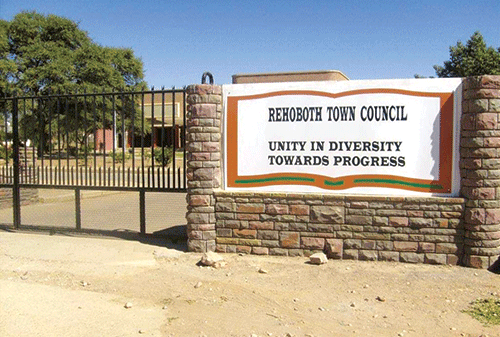REHOBOTH – The Rehoboth Town Council (RTC) has shed some light on the town’s financial challenges, particularly the mounting debt owed to NamPower, Namibia’s national power utility, amounting to a staggering N$190 million.
The Hardap regional town has been grappling with financial constraints and the council’s debt to NamPower has raised concern among residents and local authorities.
The debt has accumulated over the years, leading to increased scrutiny of the town’s financial management.
In an interview with Nampa recently, RTC’s acting chief executive officer Ronald Windswaai expressed the council’s commitment to addressing the issue head-on.
“We are fully aware of the outstanding debt to NamPower, and it is a matter that we take seriously. We are actively working on a sustainable solution to settle the debt while ensuring the uninterrupted provision of essential services to our residents,” he said.
He noted that one of the key factors contributing to Rehoboth’s financial challenges is the town’s heavy reliance on prepaid electricity. According to recent statistics, a staggering 95% of the town’s residents utilise prepaid electricity. This reliance has resulted in the town council spending approximately N$6.5 million per month on purchasing prepaid electricity from NamPower, he said.
“The high percentage of residents on prepaid electricity places a significant financial burden on the council. The need to consistently purchase electricity from NamPower has contributed to the accumulation of the debt. We are exploring strategies to diversify our energy sources and improve the financial sustainability of the town,” he said.
The CEO noted that RTC is actively engaging NamPower to negotiate a viable repayment plan and explore potential solutions to alleviate the debt burden. Additionally, the council is looking into alternative energy sources and initiatives to reduce overall electricity expenses.
“As Rehoboth navigates these financial challenges, we encourage residents to be patient as the council works hard to find a balanced solution that ensures the wellbeing of both the council and its residents,” he added.
Rehoboth residents, meanwhile, have expressed concern about the potential impact on services and the need for transparent communication from the council regarding the debt resolution process.
RTC owes NamWater N$14 million, while residents owe the council N$200 million in water debt.
– Nampa



